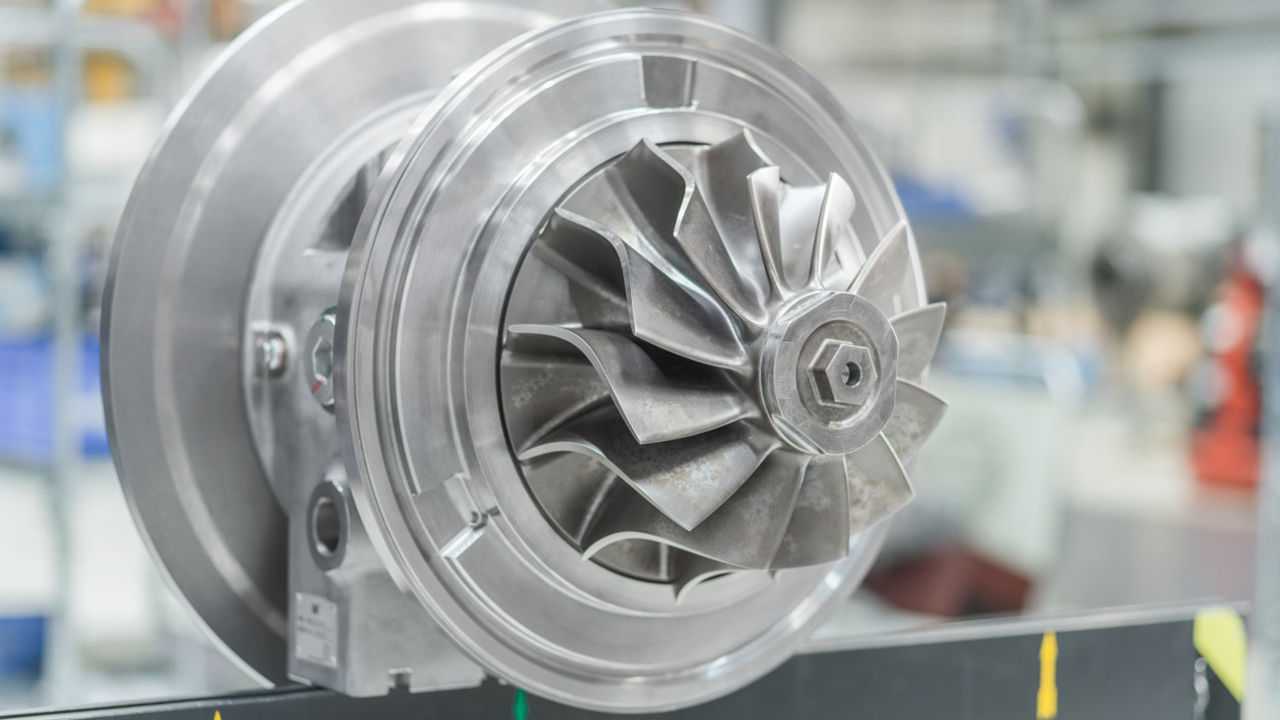Last month, we brought you an insight into a survey commissioned by Accelleron to discover what ship owners and operators actually want. Among other areas, including costs, service agreements, digital monitoring and future advances, the desire to avoid unplanned downtime emerged as a key concern for ship owners and operators. There are many reasons for unplanned downtime, but there are also plenty of solutions on offer from Accelleron.
As a critical part of a ship’s power system, turbochargers need to run reliably to avoid disruption to operators’ schedules. Any unplanned maintenance means that the engine connected to the turbocharger must be stopped, often along with the vessel itself, until the issue is resolved. This can cost businesses a huge amount of money in lost revenue, fines or other costs, which is why we’ve seen our customers go to great lengths to carry out maintenance without disruption to existing schedules.
Just over 40% of respondents to the survey told us that they’d experienced service disruption due to turbocharger-related issues over the past year, indicating that there is room for improvement when it comes to keeping turbochargers running. However, the root cause of the problem often lies beyond the turbocharger itself.
Surging is a relatively common issue, for example, where interruptions in the flow of exhaust gas through the compressor can cause air to be sucked back through the compressor wheel, potentially leading to premature wear or seizing. It can occur for many reasons that aren’t directly related to the turbocharger, such as heavy sea states or, in one case reported during interviews, fuel leaking into the compressor.
In another case, a turbocharger that seized when the engine started was found to be the result of sub-optimal onboard maintenance processes, with low volumes of water being run through the system during cleaning.
Such incidents highlight that smooth turbocharger operation is not a neatly contained discipline and can depend on many factors beyond the service and maintenance regime. But there are ways that owners and operators can ensure their turbochargers run more efficiently and effectively.
Follow general servicing and maintenance guidelines
To see the best performance from a turbocharger, with the best possible reliability, it’s critical that owners or operators maintain the engine and turbocharger as per manufacturer guidelines. Along with other maintenance, this includes cleaning the turbocharger.
Turbochargers that aren’t cleaned can see poor combustion conditions including incomplete combustion and ignition fail, along with carbon deposits and unburned fuel accumulation, which can all result in turbocharger fouling. In turn, this can lead to surging and premature wear or worse.

Vibrations in operation can signal that something isn’t quite right with a ship’s turbocharger or engine. Vibrations can cause high stresses on the turbocharger components themselves and can also result in abnormal noises, and even the smallest imbalance and additional vibration can have plenty of negative effects for a turbocharger.
Ignoring vibrations in operation can result in anything from severe cracks in the turbine housing, to damage to components such as the compressor wheel or turbocharger cartridge, along with deformation to bearing casings which can lead to total breakdowns, all of which can result in unplanned downtime.
Accelleron can make things considerably easier and cheaper with service solutions such as Turbo SmartCare. Turbo SmartCare delivers a data-driven service plan that removes the hassle of turbocharger maintenance from ship owners or operators – with Accelleron taking on the responsibility, costs and risks associated with servicing turbochargers, including unexpected events.
The service is charged at a fixed price to cover all service requirements at a predictable level, helping to alleviate another key concern highlighted in the survey – the desire to better control service costs.
Don’t ignore the warning signs
Servicing and maintenance can go a huge way to helping to avoid unplanned downtime, but it’s also critical to listen to equipment, and look for symptoms before they escalate into bigger issues. Surging is a great example, and it’s sometimes possible to hear surging as the turbocharger begins to make noises or vibrations that are out of the ordinary.
It’s also possible to spot when surging may become an issue using compressor maps, and that’s where Accelleron’s Turbo Insights comes in. Using compressor maps, we can analyze operational data from the day one, monitoring how a turbocharger is performing and turning that data into actionable insights.
If you are affected by surging, gradually reduce the engine load, and seek advice immediately from an Accelleron service station to clarify and remedy the issue. You should also have parts assessed for damage and, if necessary, replaced by an Accelleron service station.
How upgrades can help your company
It’s clear that scheduled maintenance can make a huge difference to the reliability of a turbocharger, but there’s not necessarily any need to swap parts like-for-like when replacing worn components.
Instead, Accelleron can fit the latest components to existing turbochargers, not only helping to reduce unplanned downtime, but also helping owners and operators to benefit from incredible efficiencies, including lower emissions, increased fuel efficiency and lower fuel costs, better thermal management and even increased longevity, delivering lower running costs as a result.














